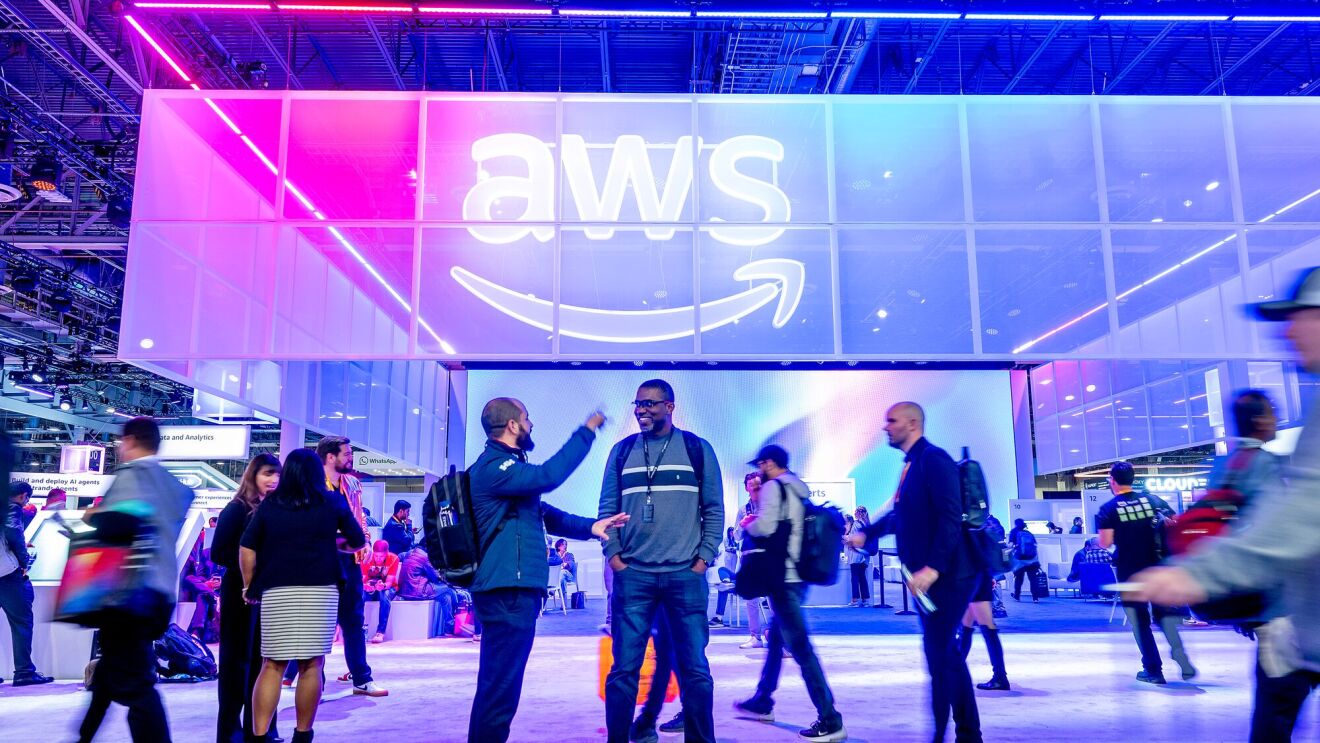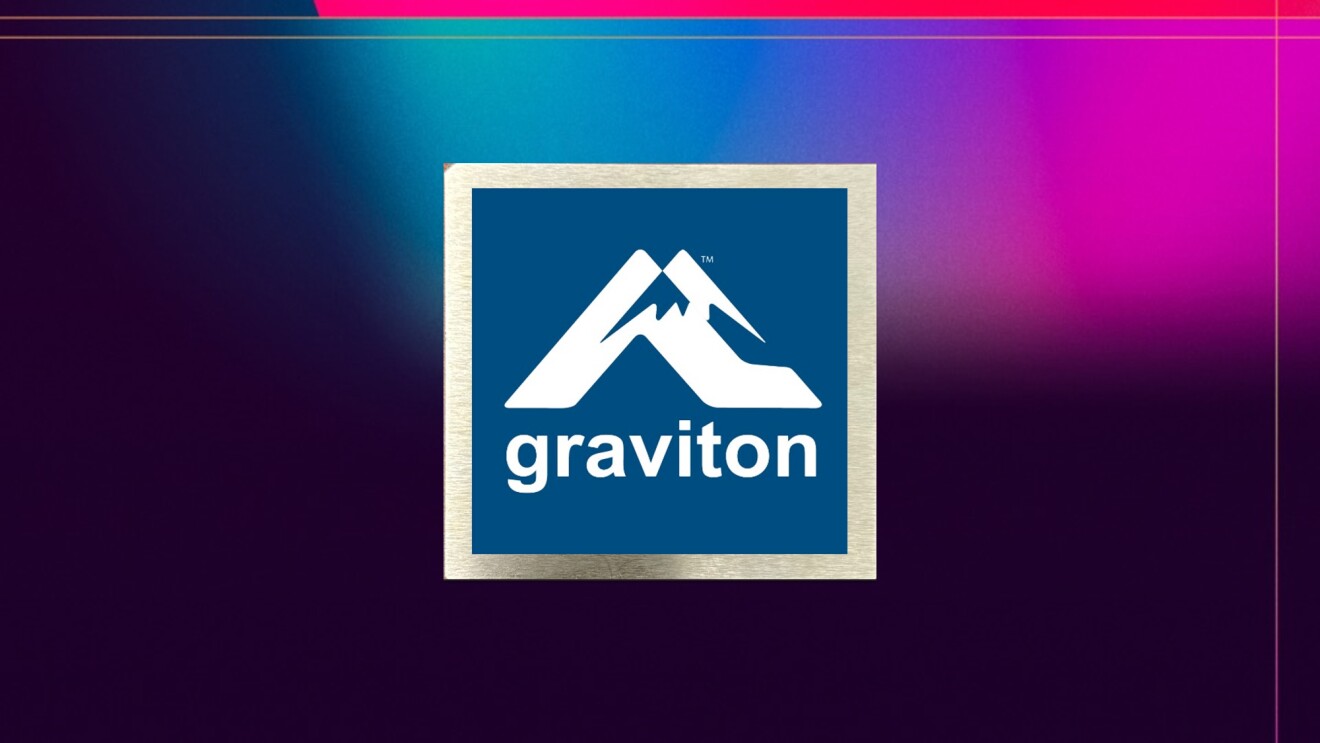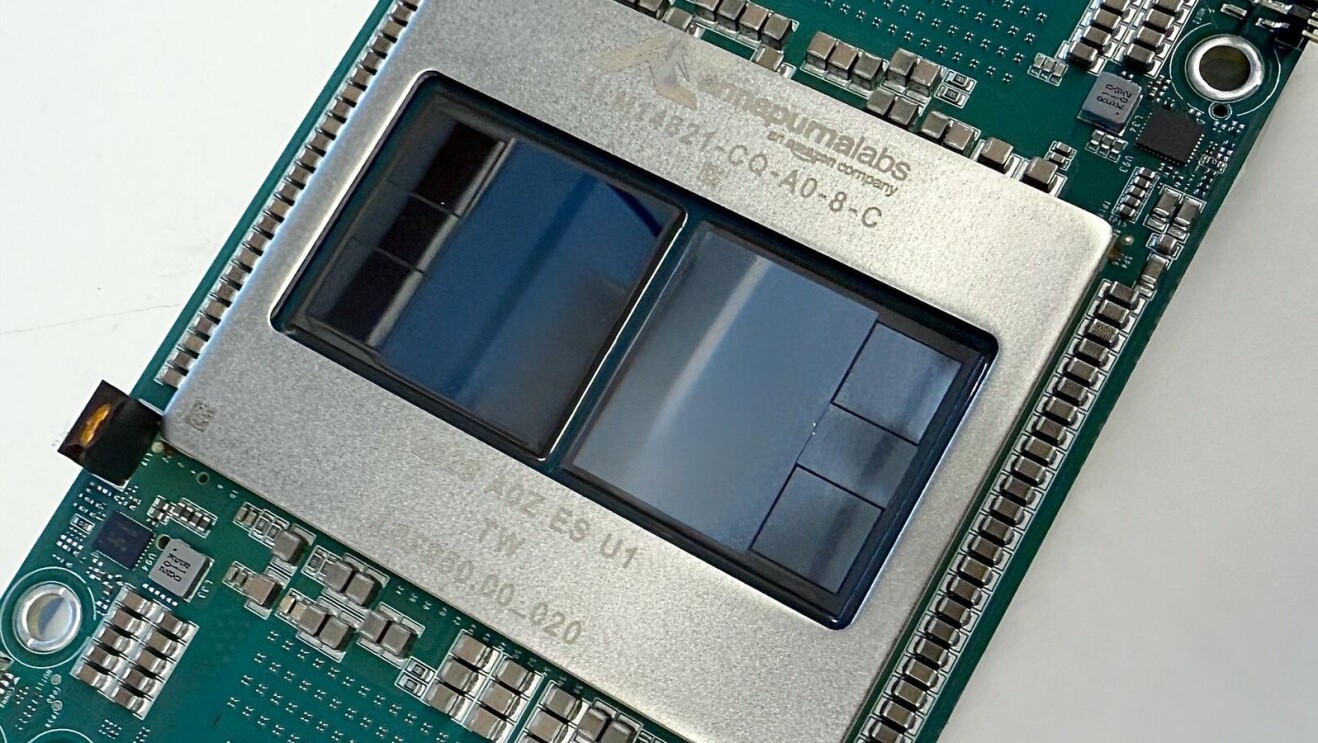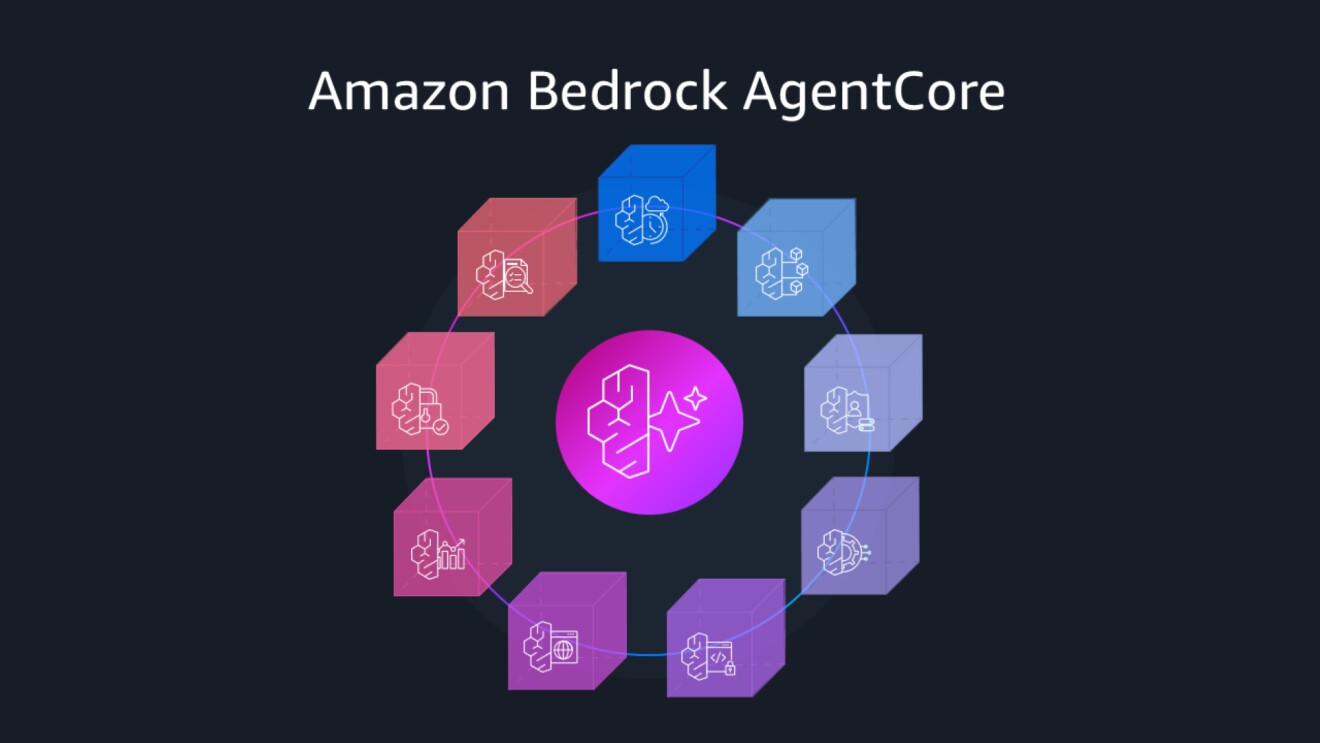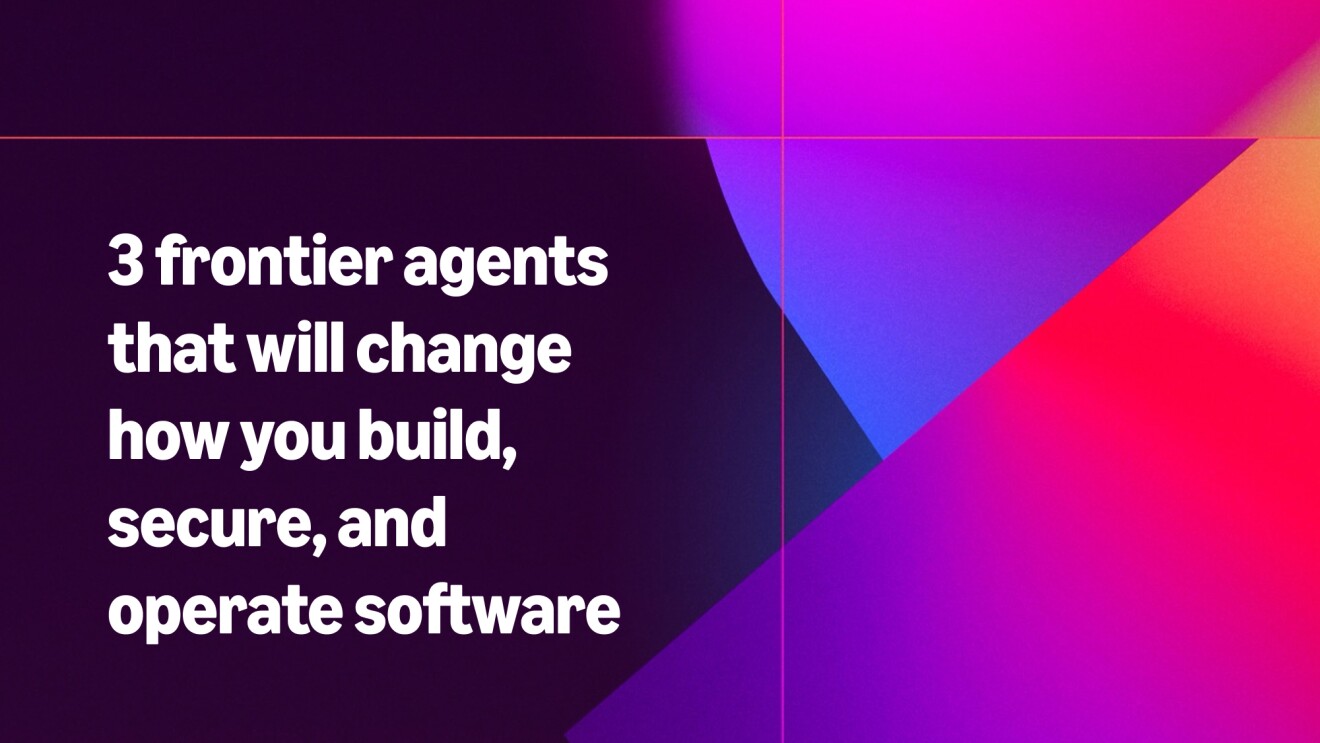April 16, 2024: This article has been updated to reflect the general availability of Claude 3 Opus on Amazon Bedrock. Amazon Bedrock is the first and currently only managed service to offer all three Claude 3 models—Opus, Sonnet, and Haiku—as generally available.
March 13, 2024: This article has been updated to reflect the general availability of Claude 3 Haiku on Amazon Bedrock. Amazon Bedrock is the first and currently only managed service to offer Claude 3 models—Sonnet and Haiku—as generally available.
Amazon Web Services (AWS) has announced that AI safety and research company Anthropic’s Claude 3 family of state-of-the-art models (industry-leading accuracy, performance, speed, and cost) will be available on Amazon Bedrock—enhancing the ability of customers of all sizes to rapidly test, build, and deploy generative artificial intelligence (AI) applications across their organizations. Amazon Bedrock offers customers secure, easy access to the widest choice of high-performing, fully managed large language models (LLMs) and other foundation models (FMs). When combined with the broad and comprehensive set of capabilities customers need to take these models and safely customize them (including best-in-class retrieval augmented generation, guardrails, model evaluation, and AI-powered agents), Amazon Bedrock is the easiest way for customers to get started building and scaling generative AI applications, with responsible AI built in.
Customers can access the Claude 3 family of vision-enabled models on Amazon Bedrock. Amazon Bedrock is the first managed service to offer all Claude 3 models—Claude 3 Opus, Claude 3 Sonnet, and Claude 3 Haiku—as generally available. Customers looking for more information should visit the Generative AI on AWS webpage.
The new, cutting-edge additions from Anthropic broaden Amazon Bedrock’s range of generative AI models (which already includes those from AI21 Labs, Anthropic, Cohere, Meta, Mistral AI, Stability AI, and Amazon), further empowering customers with model choice to develop generative AI applications to drive innovation and reinvent end-user experiences.
Claude 3 models demonstrate advanced intelligence, near-human levels of responsiveness, improved steerability and accuracy, and new vision capabilities
Data from Anthropic shows that Claude 3 Opus, the most intelligent of the model family, has set a new standard, outperforming other models available today—including OpenAI’s GPT-4—in the areas of reasoning, math, and coding. Claude 3 Sonnet offers the best combination of skills and speed, with twice the speed1 of earlier Claude models (for the vast majority of workloads) but higher levels of intelligence. While Claude 3 Haiku, designed to be the fastest, most compact model on the market, is one of the most affordable options available today for its intelligence category, with near-instant responsiveness that mimics human interactions.
According to Anthropic, Claude 3 offers significant improvements over other models available today across tasks such as coding, and being able to understand non-English languages (including Spanish, Japanese, and French), as well as lower levels of hallucinations than the most popular models from other providers, and higher levels of accuracy than earlier models. The Claude 3 models are better than earlier generations at following complex, multi-step instructions and adhering to brand voice guidelines for customer-facing experiences. Further, Claude 3 models can produce outputs in formats that make it easier for customers to develop applications for use cases like natural language classification and sentiment analysis.
All three new models have advanced vision capabilities, enabling them to process diverse data formats and analyze image data to meet customers’ growing demand for models that better understand charts, graphs, technical diagrams, photos, and other visual assets.
Amazon Bedrock customers are already building generative AI applications with Claude
Global organizations of all sizes, across virtually every industry, are already using Amazon Bedrock to build their generative AI applications with Anthropic’s Claude technology. They include ADP, Amdocs, Bridgewater Associates, Broadridge, CelcomDigi, Clariant, Cloudera, Dana-Farber Cancer Institute, Degas Ltd., Delta Air Lines, Druva, Enverus, Genesys, Genomics England, GoDaddy, Happy Fox, Intuit, KT, LivTech, Lonely Planet, LexisNexis Legal & Professional, M1 Finance, Netsmart, Nexxiot, Parsyl, Perplexity AI, Pfizer,the PGA TOUR, Proto Hologram, Ricoh USA, Rocket Companies, and Siemens.
Customers can use the new Claude models to automate tasks, create new user-facing applications, and accelerate research and development across a diverse range of sectors. They are suited for a wide array of use cases, from complex reasoning and nuanced content creation, to scientific queries, math, and coding.
For more details on Claude 3 Opus, Claude 3 Sonnet, and Claude 3 Haiku, visit the AWS Machine Learning blog and Anthropic news blog.
3 key takeaways from today’s announcement
1. AWS and Anthropic continue to grow their strategic collaboration
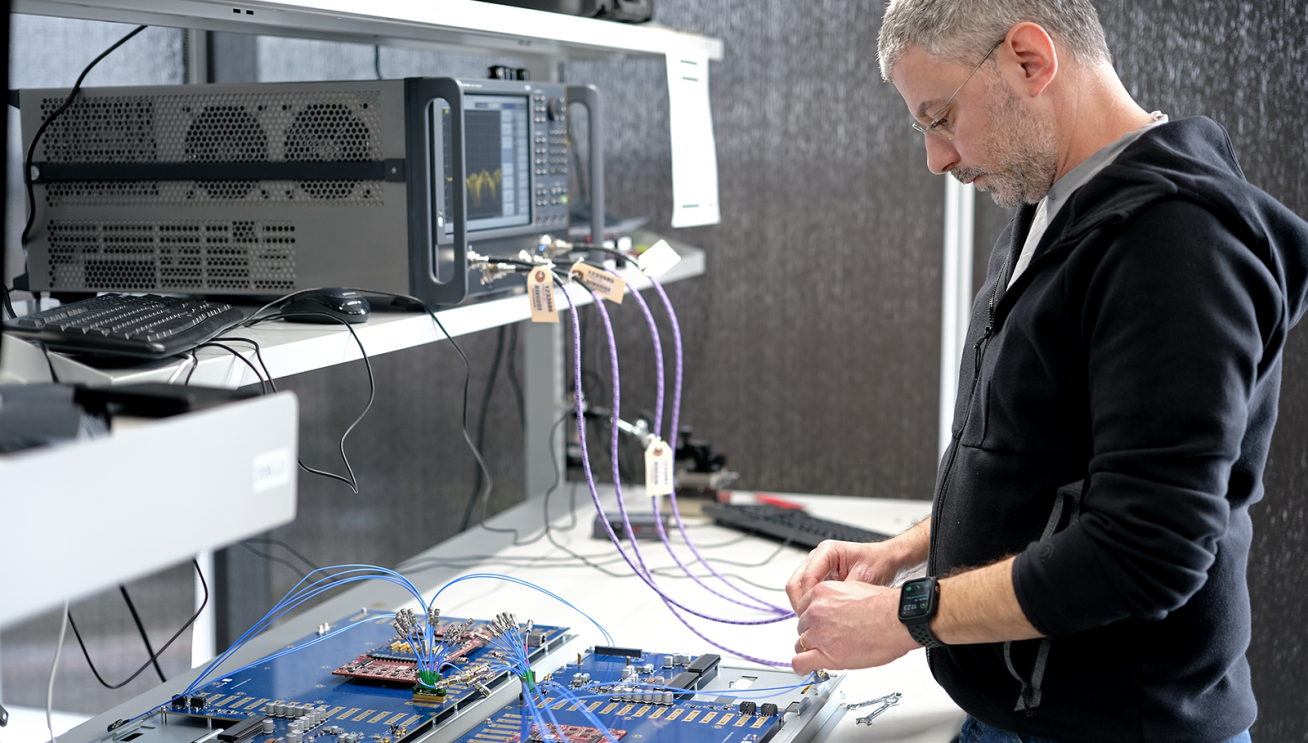 Testing AWS Trainium2 at Annapurna Labs.
Testing AWS Trainium2 at Annapurna Labs.The addition of Anthropic’s Claude 3 models to Amazon Bedrock follows last year’s announcement of Anthropic’s long-term commitment to provide AWS customers around the world with access to future generations of its foundation models via Amazon Bedrock. As part of the news, Anthropic said it will use AWS Trainium and Inferentia chips to build, train, and deploy its future foundation models—benefitting from the price, performance, scale, and security of AWS, with the two companies collaborating on the development of future Trainium and Inferentia technology. It was also announced that AWS will become Anthropic’s primary cloud provider for mission critical workloads, including safety research and future foundation model development, and that Amazon would invest up to $4 billion in Anthropic.
 AWS Trainium2
AWS Trainium2“We’ve been working with Anthropic to bring the most advanced generative AI technologies to customers worldwide, including building on top of our best-in-class infrastructure such as AWS Tranium. We’re thrilled to continue that history with the addition of Claude 3 models on Amazon Bedrock,” said Dr. Swami Sivasubramanian, Vice President of Data and AI at AWS. “Our customers and partners continue to be excited by the advanced applications they can build with Claude on Amazon Bedrock, and the unmatched ability they have to quickly, securely, and responsibly deploy generative AI applications, using differentiated capabilities like knowledge bases, guardrails, and model evaluation, into production to provide new experiences for their end users. The easy access to Claude on Amazon Bedrock has led many of the world’s hottest startups, leading enterprise businesses, and government organizations to choose the managed service for deploying their generative AI applications, and we look forward to this accelerating following today’s news.”
2. More than 10,000 organizations worldwide are already using Amazon Bedrock to build their generative AI applications
Amazon Bedrock makes it easy to test, build, and scale game-changing applications, which is why more than 10,000 organizations worldwide are currently using Amazon Bedrock to experiment with generative AI before moving applications into production. Many are already using Anthropic’s Claude on Amazon Bedrock, and they will soon have access to the Claude 3 models to further drive rapid innovation.
- Pfizer, one of the world's premier biopharmaceutical companies, is using Claude on Amazon Bedrock in the discovery of potential treatments for cancer to get breakthroughs to patients faster. With generative AI, Pfizer can gather relevant data and scientific content in a fraction of the time, and then use it to assess trends and generate and validate oncology targets, improving the probability of success.
- KT, a telecommunications company and wireless carrier in South Korea, developed a service called AI Call Report that uses Claude on Amazon Bedrock to record (on consent), summarize, and translate calls between teachers, students, and parents in real-time, improving teachers’ ability to focus on their interactions with students and families and minimizing a previously manual and laborious process. The service will be available in schools at the start of the new Korean school year this March.
- The PGA TOUR, the world’s premier membership organization for touring professional golfers, is using Amazon Bedrock to create an AI platform to facilitate access to data and content from across the organization in order to aid staff in the production of content for fans. This allows them to unlock more value from their data while providing a secure environment to protect their intellectual property.
- Perplexity AI, a conversational artificial intelligence company, uses Anthropic’s Claude 2 on Bedrock to quickly test and deploy improvements to its general question answering capabilities, provide more natural sounding answers, and build new features.
- Genomics England, a leader in human genome research, is developing a solution using Claude on Amazon Bedrock to help researchers identify associations between genetic variants and medical conditions. Using peer-reviewed articles, this research has the potential to inform future genetic tests and improve human health, with an initial focus on intellectual disability. The solution can quickly process millions of pages of literature to surface highest likelihood gene associations for further investigation, faster than manual review alone, with 20 potential clinically-relevant associations already identified.
- Clariant, one of the world's leading specialty chemical companies, built a generative AI platform to assist employees and connect them to on-the-job resources, and it now boasts more than 2,000 active users, accounting for more than 15% of the global workforce. They have identified several generative AI use cases to transform and accelerate business processes in R&D, sales, customer service, and production.
- Dana-Farber Cancer Institute, a world leader in cancer treatment and research, built a new research solution using Claude on Amazon Bedrock to help clinicians in the interpretation of certain lab results that can be particularly complicated to understand. The solution aims to provide fast and accurate analyses to aid clinicians in diagnosis of medical conditions, assessment of treatment efficacy, and determination of next steps in clinical care.
- Parsyl, a data-powered insurer and fast-growing start-up, has deployed Claude on Amazon Bedrock to take unwieldy information from its customers—such as multiple email attachments in different formats—and turn it into usable data. This allows Parsyl to quickly identify patterns of risk for businesses transporting sensitive and ambient goods (e.g., food and vaccines) around the world—from a door left ajar on a truck full of fresh fish, to a shipping lane prone to delays. This solution empowers them to incentivize risk management among their customers and ultimately help reduce food waste across the supply chain.
3. AWS continues to invest across all three layers of the generative AI stack
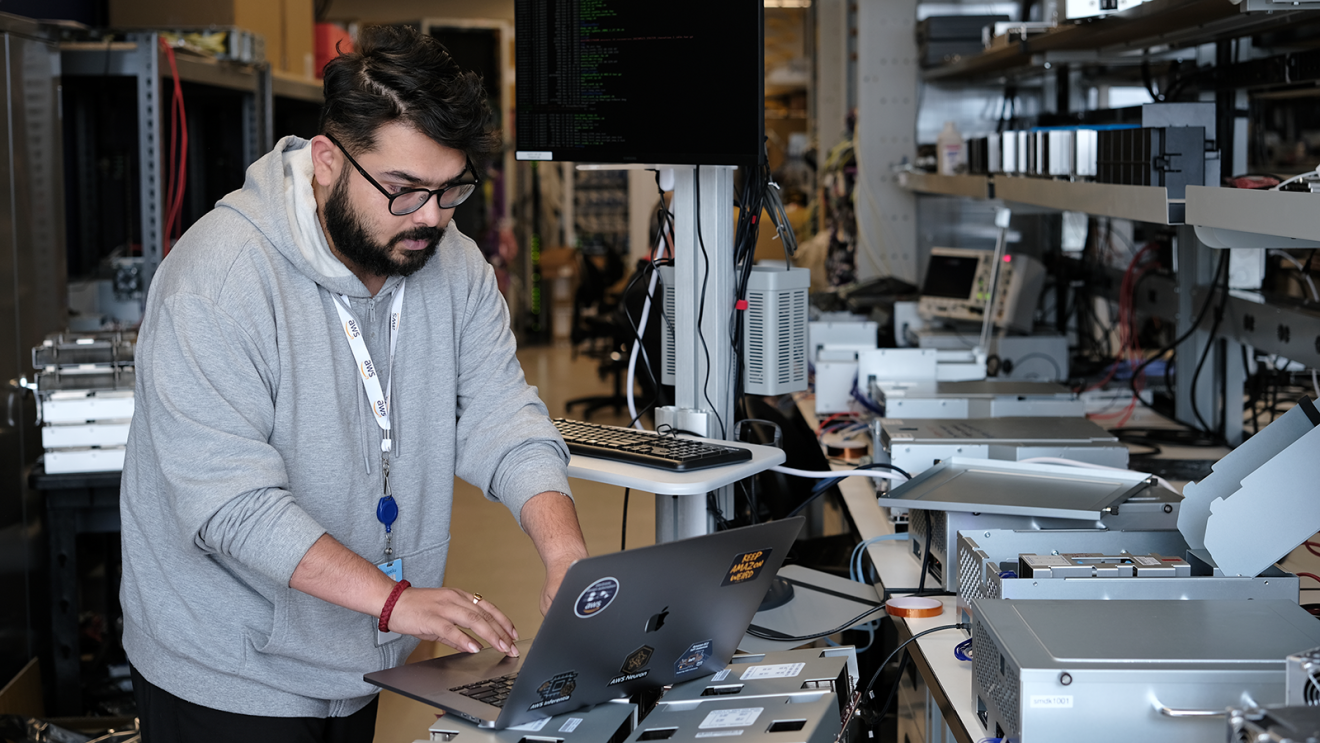 Putting AI accelerators through their paces at AWS's Annapurna Labs.
Putting AI accelerators through their paces at AWS's Annapurna Labs.Today’s news is the latest AWS generative AI announcement as the company continues to expand its unique offering at all three layers of the generative AI stack—infrastructure, models, and user-facing applications—so customers can use generative AI in a more efficient, extensive, and integrated way across their organizations. The addition of the latest Anthropic Claude models is a continuation of this commitment to provide the latest, most powerful models to help customers accelerate innovation using generative AI.
Learn more about Amazon Bedrock and check out additional info on the AWS News blog about Claude 3 Opus, Claude 3 Sonnet, and Claude 3 Haiku.
Discover how AWS purpose-built chips help accelerate generative AI for Anthropic and other customers.
1Anthropic expects to reach these speeds at or shortly after launch, with significant further improvements to come as they optimize these models for customers.
Trending news and stories








